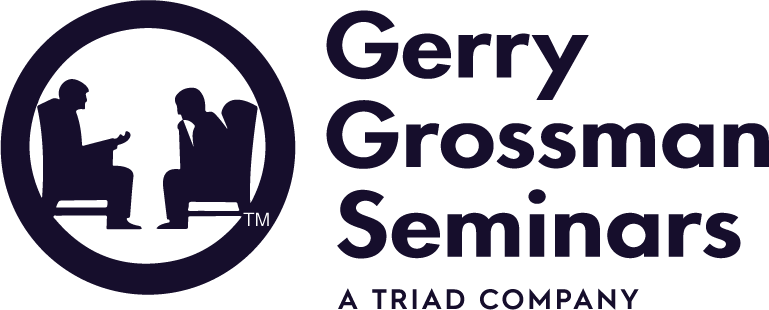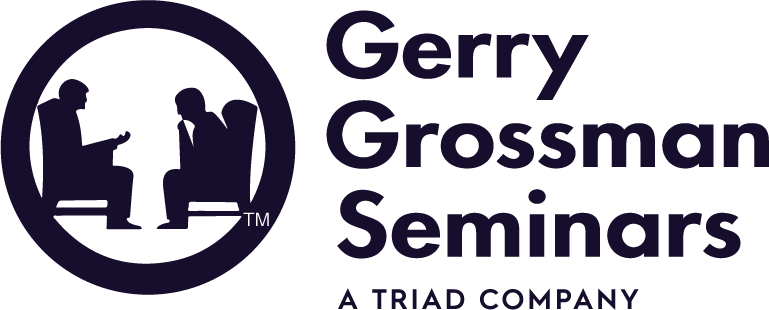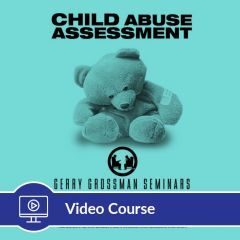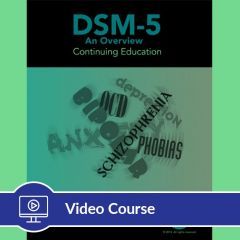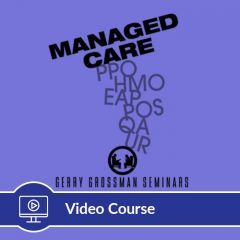Clinical Supervision: Ethical Guidelines for LCSW, LMFT, and LPCC Online Text-based Home Course (6 CE)
The purpose of clinical supervision is to enhance a social worker’s professional skills, knowledge, and attitudes in order to become competent in providing quality care to clients. Supervisors are held to the ethical guidelines set by their appropriate association and must be able to empathically and effectively work with challenges in supervision, such as associate anxiety, resistance, and their own learning curve in becoming a supervisor. This presentation provides the foundation for understanding the functions of supervision, the roles and responsibilities of supervisees and supervisors, and direction for meeting ethical standards and competencies. A variety of theoretical frameworks are described for use in individual, agency or group settings. Techniques for handling supervision challenges are included, such as supervisee anxiety and novice supervisory anxiety, conflict in the supervisory relationship, and supervisor burn-out.
Author: Aaliyah Madyun, B.A. and Erika Duarte, PhD., LCSW
Target Audience: Introductory and Intermediate; LMFTs, Social Workers, LPCCs, Nurses, Substance Abuse Counselors, and other mental health clinicians.
Upon completion of this course, participants will be able to:
- Identify the three main objectives of clinical supervision and relate them to the goal of enhancing professional growth.
- Compare the uses of the four domains of clinical supervision in an employment setting and supervision under contract to an agency.
- Apply the National Association of Social Workers (NASW), American Association for Marriage and Family Therapy (AAMFT), and American Counseling Association (ACA) standards as they apply to supervision.
- Utilize appropriate treatment modalities and techniques for resolving ethical dilemmas associated with different kinds of supervision (e.g., individual, group, and live supervision modalities).
- Demonstrate the ability to blend as necessary, suitable theoretical models to address the needs of associates throughout supervision, and in meeting supervision challenges.
- Evaluate potential boundary violations and strategize methods of reducing the risk of dual relationships.
This course satisfies the following California BBS Continuing Education requirements:
- 6 hours toward the 15 hours of Supervision Training required for LCSWs and MFTs who supervise ASWs
Advantages of taking Gerry Grossman Seminars at-home CE courses:
- Online courses offer the post-test online for instant course completion.
- You can repeat the post-test if you don't pass.
- Online courses are available to you immediately after purchase.
- California LMFTs, LCSWs, LPCCs and LEPs can fulfill 100% of their CE hours online.
| Asset Includes | Online Programs |
|---|
